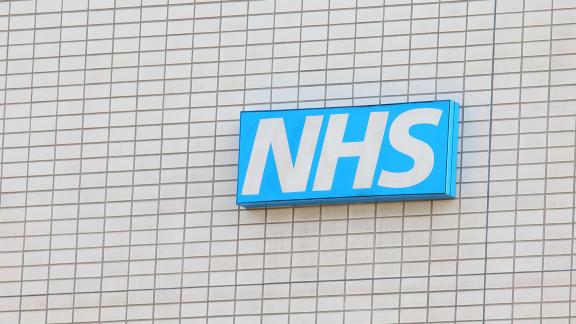No perfect group

While there is no perfect blueprint, curiosity and a willingness to learn are essential elements of group working, says Derek Bell.
If there is one thing we have learned in the development of University Hospitals Tees (UHT), it is that there is no blueprint for the perfect group. So it is essential that we adapt our model to our own landscape, and how that evolves as we work through it.
What we do have is a really clear vision for what we want to achieve. We have high ambitions for what the group can deliver beyond what the individual trusts already achieve – it simply means that an approach of curiosity and willingness to learn through continuous improvement is the key to our development.
Our origins
UHT is made up of two acute foundation trusts: North Tees and Hartlepool and South Tees Hospitals. The origins of our group go back to 2021 when I was appointed as joint chair. This was accelerated in 2024 with Stacey’s appointment as group chief executive, followed by our executive directors who have the directive to work strategically in the interests of the group and our various communities and stakeholders. Our board now operates as a joint board with joint committees, except for a few limited cases where legislation prevents that.
The objective of coming together as UHT was and is simple: to provide radically better outcomes for our patients both now and in the longer term as the needs of our population change. Our population is varied, with some of the areas we support living with significant levels of deprivation and poor health, while other parts of our geography enjoy better health outcomes. We need a model that can provide equity of access and outcomes across these differing and diverse communities. Furthermore, we need a model which delivers the benefits of operating at scale while retaining those crucial links into our communities.
“…finding out how others have progressed their work and being humble enough to seek advice is important.”
We are really clear that we do not have all the answers, so finding out how others have progressed their work and being humble enough to seek advice is important. It has been fascinating learning how others have grasped the opportunities and tackled the challenges of coming together, including via our membership of the Association of Groups.
This learning has also caused us to reflect on the importance of judging the pace of change. Too fast and we risk further increasing operational pressure; too slow and we risk getting stuck and allowing opposition to grow.
“We will of course never convince everybody, but that should not stop us doing the right things for our patients and population.”
Many of our resilient and professional staff have been working across the trusts for a number of years and are just seeking the permission to go further, which we happily give. Others are more wary of change and need our support and guidance. Others still might think we are not on the right path. We will of course never convince everybody, but that should not stop us doing the right things for our patients and population.
More evolutions to come
We have moved through a series of stages and there will be many more evolutions to come. Our focus is now on the transformational changes to clinical practice we can make both in the short term and in the medium term to meet the needs of our communities. Our emerging thinking is in line with national direction. This means moving healthcare into communities where we can, increasing preventative care and integrating our services with those of key partners, in particular primary care, local authorities and voluntary sector agencies. In the longer term there is no getting away from the fact that we will be reliant on some major capital development to replace some of our core estate, which is increasingly at risk. We are doing all of this development through an initial one-year programme led by a small number of clinical boards with senior medical, nursing and operational staff. These colleagues have been appointed from within our trusts. The challenge is for them to continue to engage with staff and patients across UHT and designing future models. Then we will evolve again.
“It is absolutely certain that we will make mistakes, but that is okay.”
Our corporate services, led by group executive directors, are also transforming. We know that getting these enabling strategies right will be essential to supporting a group clinical strategy. Joining up and simplifying our many digital systems will improve our efficiency and help in terms of financial sustainability, but also our clinical effectiveness. This is the number one challenge cited by staff to group working (along with car parking, but that is another story!)
We know that there is much to do, but we are convinced that this is a once-in-a-generation opportunity that we need to take full advantage of. It is absolutely certain that we will make mistakes, but that is okay. As long as we continue to learn and adapt what we do, UHT will be a powerful transformational force that will benefit the health of all our communities.
Derek Bell is chair of North Tees and Hartlepool NHS Foundation Trust and South Tees Hospitals NHS Foundation Trust



